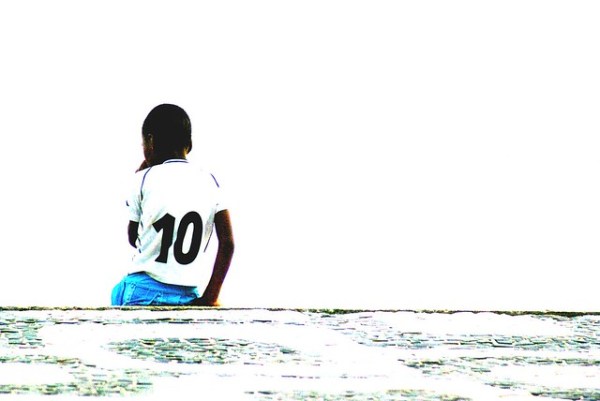The number 10, why is it so predominant in our lives? Researching the significance of the number 10 in all the aspects of our lives can be tedious and confusing. Why are eggs packaged in cartons of 10 in some countries, while others give you 12, a dozen at a time? Is it a difference based on the metric and imperial measurement systems?
This being our 10th Anniversary here at the Trevor Carpenter Photo Challenge, we’re going to explore the different facets of the number 10 as suggested by various community members.
Wikipedia seems to have the most basic and down to earth answer, “10 (ten /ˈtɛn/ (
listen)) is an even natural number following 9 and preceding 11. Ten is the base of the decimal numeral system, by far the most common system of denoting numbers in both spoken and written language. The reason for the choice of ten is assumed to be that humans have ten fingers (digits).”
How would one use the number “10” or the word “TEN” in photography?
If we base ourselves on Wikipedia’s assertions, get your hands on a fisheye lens and in one basic image get 10 fingers and the TEN toes of the subject and the photographer at the same time…
The most basic and obvious way is to include it as an obvious object of choice in your composition. This would be the direction I would be inclined to take. Make it a photograph and not a snapshot.
Even if not directly marked as “10” we have learned to recognize its position on a dial, gage or scale. This opens up the possibility that the Number “10” can appear in numerous forms, some of which we may never recognize.
Where things get really tricky is when we go one step further and create relationship between the Roman Numeral for 10, “X” within structural forms. Although less obvious, it’s the one approach that best exercises the eye and mind to be in tune with any given subject.
Once your photographic eye is trained , it just becomes easier to reformulate a theme in your mind and find the least obvious of subjects to bring forward your vision of “X” or “10” or “TEN”…
DEFINING THE CHALLENGE :
The examples gradually demonstrate that a little research and curiosity can change your own perception of the number 10 and the different ways to immortalize it in a photograph.
PHOTOGRAPH will also be the key word. Don’t settle for just aiming your camera at the number 10 and calling it a day. Photography implies more than what can come across from a snapshot. We’ve already covered some important skills sets this year and have done so for the last 10 years.
- I know I’m repeating myself but use a tripod if you have one. Why a tripod, because it teaches you to take your time, it slows you down, it allows you to think without having a camera in your hands. It also allows you to better experiment with any given composition as it remains immobile. You can change your exposure values, depth of field, speed, etc…all with the same subject. Don’t be afraid to use everyday objects to keep your camera steady if you’re not using a tripod.
- Research your subject. Just like the Roman Numeral for 10, “X” may not have been obvious at first, there are plenty of other relations to the number 10 that aren’t obvious.
- Examine the world around you before heading out on a mission. A photographer’s sense of observation is just as important as the ability to compose and properly expose a scene.
- Think outside the box and don’t be afraid to let others inspire you.
Technically this theme is very basic. I tend to believe that 90% of the available subjects will be stationary. There’s also the possibility that it’s surroundings may be in movement. This should give you all the time you need to experiment and produce a unique-looking image taken with uniquely different approach.

Maybe your image will have signs of “10” without it being too obvious. Yes, my above image has some Xs around, but it’s not the subject. It’s actually taken in 2010 on the 10th anniversary of the Montreal Highlights Festival. The only way for anyone to know, it has to be presented editorial style with a little defining text…
The friendly community guidelines are pretty simple:
- Post one original photograph (Your Image) shot each week per theme posted on this blog to our active community on our Facebook Group or share our images from our Flickr Group. Tag the photo: #10thanniversaryphotochallenge #2018photochallenge #photochallenge #tempusaura
- The shot should be a new shot you took for the current weekly theme, not something from your back catalog or someone else’s image.
- Don’t leave home without your camera. Participating in the 2018 Trevor Carpenter Photo Challenge is fun and easy.
[amazon_link asins=’B00M0QG6KU,0415843308,B00C5OUI9W,0761169253|B00M0QG6KU,0415843308,B00EXC1EU6,B01FFZPAL8′ template=’ProductCarousel’ store=’stevetrolep0f-20|stevetrolepho-20′ marketplace=’US|CA’ link_id=’8057cfda-02b3-11e8-a619-39319af7582b’]








You must be logged in to post a comment.